
Wait, Is That… Mucus?
Have you ever had one of those heart-skip-a-beat moments in the bathroom? You know the kind—doing your thing, then you look down and, uh… is that slime? We’ve all had weird bathroom surprises, but seeing white mucus in stool can stop you in your tracks. It’s not really dinner table talk, but let’s be honest: your gut’s way of waving a tiny white flag shouldn’t be ignored. If you’ve ever taken a closer peek (no shame!) and wondered if those white mucus in stool photos from web search horror stories apply to you… well, let’s talk it out. No awkwardness here, just real chat about what it means, what to do, and how to stay chill.
Picture this: You ignore it every time, assuming it’ll just go away. Maybe it does… but what if it starts popping up more often? Or you get that weird crampy feeling, or things look super different than usual? By the time most people act—well, sometimes it’s way past when a tiny tweak or a quick check-in could have saved weeks (or months) of stress.
What’s That White Stuff, Anyway?
Let’s Paint a (Not-So-Pretty) Picture
Okay, you’re looking down, and your stool looks normal… except, wait. There’s a white, stringy, jelly-like blob, kinda like a squiggly ghost in the bowl. Maybe you think “Did I eat something weird?” Or, honestly: “Do I Google images of white mucus in stool photos now, or just pretend I never saw it?” If you’ve ever snapped a pic (don’t worry, I won’t judge!), you’re far from alone.
Spotting the Difference: Table Time!
| Normal Mucus | Concerning White Mucus |
|---|---|
| Small, barely visible, clear and slippery | Thick, white or yellow streaks, blobs, or slime coating |
| No pain, “in the background” | Paired with pain, blood, change in bowel habits |
Honestly, most of the time, you might not even notice normal mucus—it’s just your gut’s way of keeping things running smoothly (as explained here). But when it’s obvious, that’s when your body’s trying to get your attention.
If you ever spot blood or that mucus looks really gnarly, especially if you’re thinking “Is this what colon cancer looks like?”, check out Colon cancer pictures of mucus in stool—not to scare you, but just to help you know the signs.
Why Is This Even Happening?
Gut Flares: The Top Offenders
Now for the million-dollar question: why does this slime even show up? Sometimes your system is just working through a bug, or something you ate, but other times, it’s your gut putting up the Bat Signal—for help!
Infections: When Bad Guys Invade
Remember that one time you ate sketchy street food or drank not-so-clear water? Your stomach didn’t forget. Infections from bacteria or parasites (like giardia) can make your gut freak out… cue the mucus. It’s like your intestine’s band-aid while it fights off invaders. Sometimes it clears up after a couple days—sometimes, it drags on and brings friends like diarrhea or cramps along for the ride (based on this review).
IBS and IBD: When Your Gut Is Dramatic
Here’s where it gets a little messier. Welcome to the world of IBS (Irritable Bowel Syndrome) and IBD (Inflammatory Bowel Disease, like Crohn’s or ulcerative colitis). IBS is finicky—it’ll swing you from constipation to runs, sometimes with mucus showing up as a special guest star. IBD is rougher. Your gut gets inflamed and, along the way, starts producing more mucus, sometimes with pain, and (let’s hope not) blood.
Quick story? A friend of mine had “off-and-on mucus,” never thought much of it, then things got worse—pain, weight loss, and those “stomach is on fire” days. Turned out, it was ulcerative colitis. She told me, if she’d checked those white mucus in stool photos and gotten help earlier, things could’ve been way easier.
Food Fights: When Your Belly Says No
Ever tried going heavy on the cheese, then spent the night with cramps and… less-than-glamorous bathroom moments? Food intolerances (especially lactose and gluten) can turn your gut into a drama queen. The inflammation causes more mucus to show up, sometimes with bloating or weird skin reactions (according to the Sydney Gut Clinic).
Oddballs: Diverticulitis, Polyps, Meds, and Dehydration
There are a few more oddballs worth mentioning: inflamed “pockets” in the colon (diverticulitis), colon polyps or cancerous growths, certain medications (like antibiotics messing with your gut balance), or just not drinking enough water. Yes, seriously—sometimes being dehydrated is all it takes for that mucus to show up and signal your system needs help (full list here).
If you’re juggling hard, dry poop plus mucus, you’re not weird—don’t miss Hard poop With white mucus for down-to-earth tips.
When Should You Worry?
Not Every Ghost in the Bowl Is Bad
Here’s the deal—not every bit of mucus is a problem. Your body normally makes a little “slippery stuff” to help waste glide out. But if you’re seeing a lot more, or it comes with stomach pain, blood, pus (ew), or you’re running to the bathroom way more (or less) than usual? Red flag. Time to pay closer attention (Medical News Today).
How to Triage at Home (For Real)
Let’s keep it simple:
- Mucus shows up once, no other symptoms? Hydrate, relax, and watch for a few days.
- Mucus plus pain, cramps, fever, or blood? Make that appointment.
- Sudden changes—like stool going from normal to totally wild, especially if you’re seeing it often? Don’t ignore it.
If you’re seeing weird shapes, streaks, or find it stuck to hard poop, that might give more clues—again, check out Hard poop With white mucus for some eye-opening real stories.
Gut-Friendly Fixes You Can Try Now
Don’t Panic—Tweak What You Can
Quick confession: I’ve totally gone overboard Googling white mucus in stool photos after a dodgy burrito incident. Turns out, sometimes all it takes is a few tweaks, and your gut chills out again.
1. Hydrate Like Crazy
Sometimes it’s as simple as water. Your gut lining is like a sponge—when you’re even a little dehydrated, mucus gets thick and, well, much more obvious. So next time, top up that water bottle and see if things improve in a couple days.
2. Fiber Up, But Start Slow
Fiber acts like a gentle scrub for your insides—oats, lentils, apples—anything with skin is your friend. But heads up, if you load up too fast, you risk more cramps and, yep, more mucus for a bit. Add it slowly.
3. Go Pro… As In Probiotics
The Cleveland Clinic says taking probiotic-rich stuff (yogurt, kefir, or a supplement) can help rebalance gut bugs, especially if you’ve just finished antibiotics. Just check with your doctor if you’re on other meds, since some antibiotics and probiotics can clash. (More science-y but helpful info here.)
4. Check What Foods Make You Grumpy
If you keep seeing mucus after eating certain things, start a food/symptom diary. Sometimes it’s super clear (cough, ice cream mornings), but sometimes it’s sneaky. Track, notice, cut back, and see if things change.
5. Know When to See a Pro
If the mucus keeps showing up, is thick, nasty, has blood, or is paired with real pain? Don’t wait. Docs can run stool tests or pokes (colonoscopy, yay) to figure out if it’s just IBS, allergies, or something that needs deeper fixing (checklist here). Sometimes the fix is easier than you’d think. And finding it early is always less stressful than letting it fester.
Real Talk: Mucus, Cancer, and When Things Get Serious
Don’t Ignore the Signs
Let’s get real for a second—sometimes, mucus is your body’s early warning for something more serious like colon polyps or even colorectal cancer (Colon cancer pictures of mucus in stool). Most of the time, it’s not cancer (really!), but you should watch for:
- Blood mixed in
- Mucus sticking around for weeks
- Weight loss for no reason
- Constant bathroom changes—crazy diarrhea, then hard, dry stools
If you’re nodding to two or more, don’t sit on it. Make that appointment. Trust your gut… literally.
I once put off a doctor visit because “it’ll go away.” Spoiler: it didn’t, and I ended up with a minor infection that turned major fast. Don’t be me—if in doubt, check it out.
What About Hard, Dry Poop with Mucus?
Sticky Situations (And How To Survive Them)
Sometimes, mucus is just hanging on for dear life to those hard nuggets of poop. That’s usually your colon’s way of making things slide by easier—nature’s lube. But if you’re always constipated plus mucus, time to up hydration, gently add fiber, and check those hard poop With white mucus examples for some “been there, fixed that” stories.
And if nothing changes after a week or two of tweaks—or you’re getting more uncomfortable—ring up your healthcare provider.
Wrap Up: What’s Your Gut Telling You Now?
Let’s be honest. Our guts love to keep us guessing. One day it’s smooth sailing, the next you’re consulting Dr. Google about white mucus in stool photos you wished you’d never seen. But here’s the thing: most of the time, it’s just your intestines working out some kinks—maybe from food, a forgotten glass of water, or a little stress. Sometimes, though, it’s a real SOS. If the mucus is loud (thick, white blobs or streaks); if it’s hanging out with blood, pain, or big changes in your routine; if it’s tagging along with strange shapes like pencil-thin poops—don’t ghost your own health.
Your action step? Try a tweak or two—hydrate, keep a quick “poop diary,” add fiber bit by bit, maybe a splash of yogurt. Most importantly: don’t stress alone. If you’re still worried, show those notes (or yes, your phone pics—promise, your doc’s seen it all) and let a professional take the reins. Your gut is your second brain—keep it happy and the rest of you will follow. Drop a comment if you’ve survived a mucus scare or have your own wild gut story—let’s make bowel health less weird, one honest convo at a time!

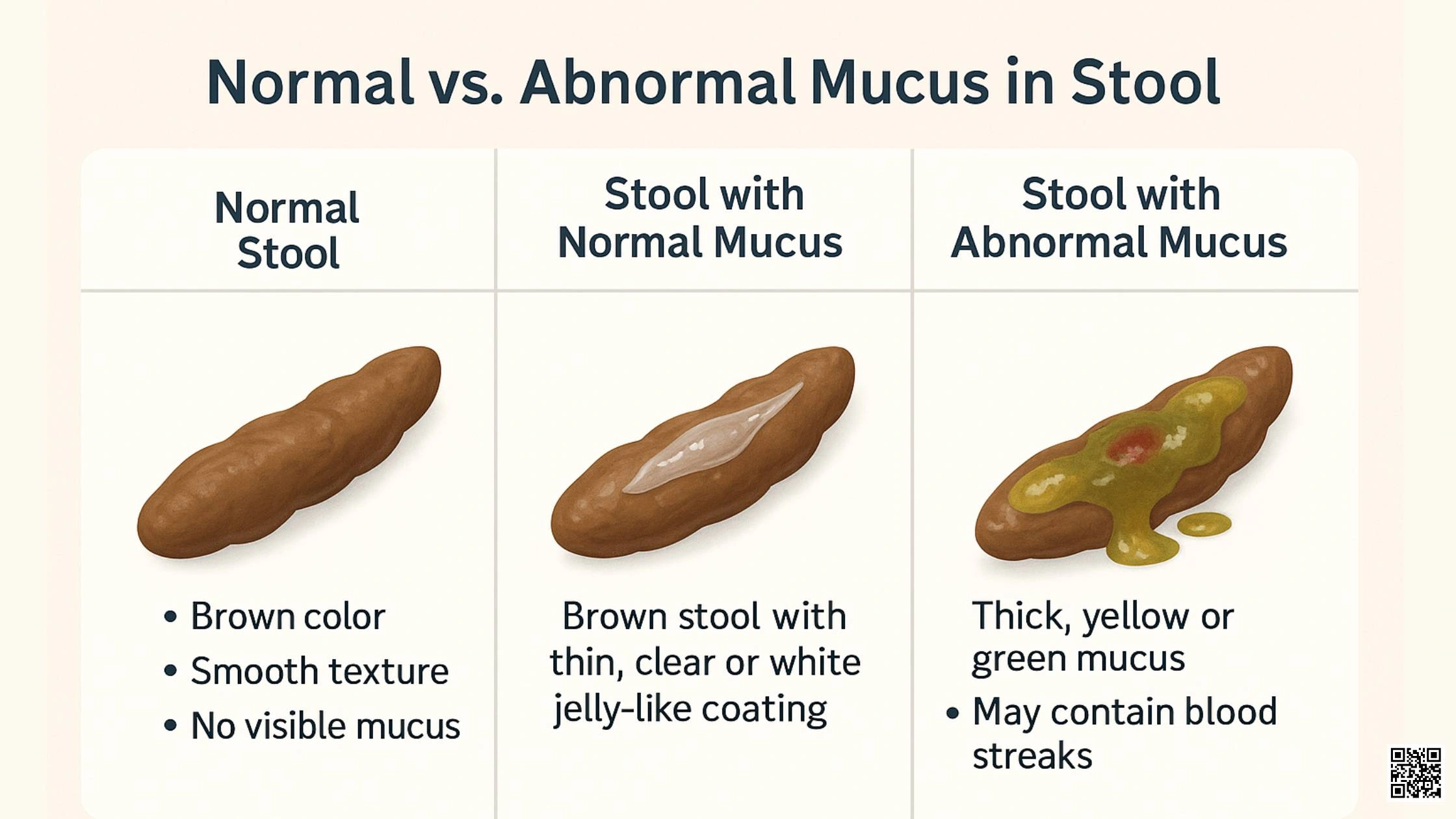


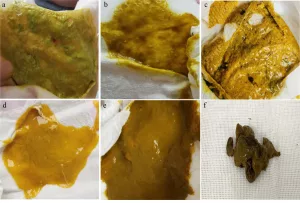


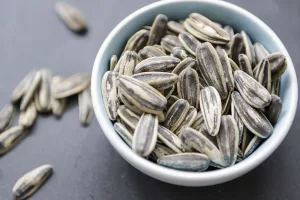


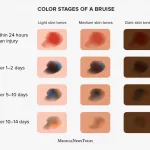











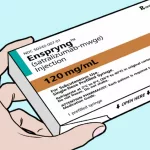

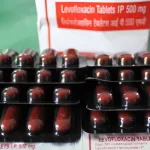
Leave a Reply
You must be logged in to post a comment.